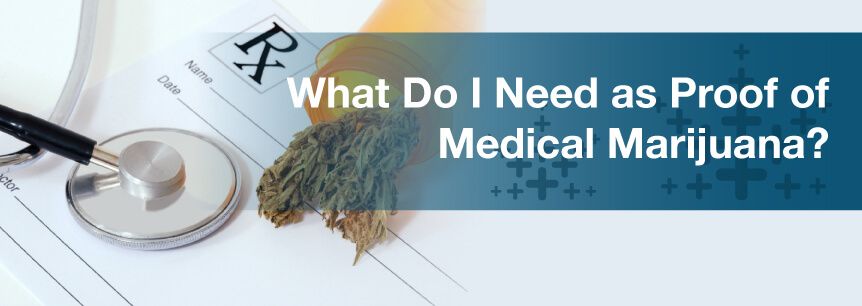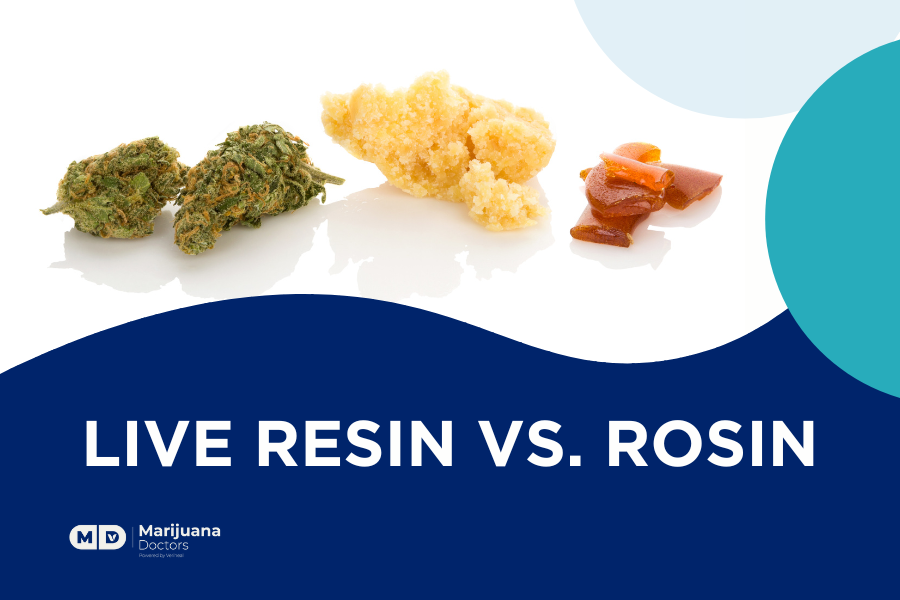Today, more than 60 percent of Americans approve of recreational and medical marijuana’s legalization. The federal government, however, does not. And while it has permitted states to establish and operate medical marijuana programs, it has also overseen the raids, arrest, prosecution and incarceration of patients, cultivators and caregivers involved with medical cannabis. Why? Federal law trumps state legislation.
That’s why it’s vital that caregivers, cultivators and patients understand not only the risks but also the ways to protect themselves from legal repercussions.
Review Your State’s Laws
No matter your role in a state’s medical marijuana program, from a cultivator to a caregiver, it’s essential to review that state’s medical cannabis laws and program requirements before becoming a member. If you’ve already registered or gained your cultivation license, set aside the time to read the legislation and ensure you’re following the program’s mandates.
Requirements vary from state to state, but many will designate the following features:
- Cultivation: Can you, as a patient or caregiver, grow your marijuana at home? Or are only licensed growers allowed?
- Possession: How many plants can you grow, if at all? Are you allowed to carry and purchase only a set amount per month?
- Identification:How does your state ensure seamless interactions with law enforcement? Do they provide an identification card?
- Assistance: May you designate a caregiver? What requirements, such as age, must your caregiver meet?
- Administration: Where can you use medical marijuana? In a private area? Outside your home?
- Recommendation: Who can supply you with a recommendation for medical cannabis? Do you need to see a specialist or your general practitioner?
- Violation: What happens if you break any of the above standards? Do you risk a fine, jail time or loss of your medical marijuana card?
Note your state’s requirements and procedures before proceeding with joining their medical marijuana program.
Recognize Your Federal Limits
As more states legalize medical weed and establish successful programs, patients and caregivers often forget that federal law supersedes state law. The Controlled Substances Act, for example, trumps any medical marijuana program in any state. Per that legislation, which passed in the 1970s, cannabis is a Schedule I drug — of the five classifications, Schedule I is the most severe.
Due to its categorization, there are significant penalties for marijuana use, possession and cultivation, including imprisonment, probation and a felony record. If you’re a patient, caregiver or cultivator living in a state with a medical cannabis program, you aren’t exempt from these penalties. In fact, if arrested, the federal courts will not allow you to use your medical condition — or your state’s laws — as a defense.
How to Prove Your Medical Marijuana Use Is Legal
If you’re a patient, you want to not only prevent law enforcement encounters but also manage them with success, such as with the following steps:
- Carry your medical marijuana card: As a patient, your medical marijuana card is critical. It’s immediate, direct proof that you’re a registered patient with the state, which is vital, as many members of law enforcement do not have access to the state’s patient database. No matter where you go, whether to the grocery store or a pizza place, have your card with you. The same applies to caregivers.
- Keep your physician’s recommendation: In many states, your physician will submit their recommendation to your state’s health department. Before your doctor completes this step, ask for a copy of it — and make sure it’s dated and signed. Like your medical marijuana card, you should carry that recommendation with you.
- Use your medical weed in safe areas: No matter what type of cannabis product you’re using, from edibles to tinctures to flower, do not use it in public. Cannabis carries a distinct scent that others — including law enforcement — will notice. If you browse through your state’s medical marijuana program details, you’ll probably find that public use is prohibited. That’s why you should use medical weed in the privacy of your home or another safe area.
- Leave your medical pot when traveling: For many patients, medical cannabis is successful. It relieves symptoms, and it’s more useful than prior treatments. As a result, it’s tempting to bring your medical marijuana with you when traveling out of state. For you and your family’s safety, leave your medicine at home instead.

How to Prove Your Medical Marijuana Cultivation Is Legal
If you’re a grower or patient, it’s essential that you follow the steps below for how to prove your medical marijuana cultivation is legal in the state:
- Provide your license or proof of identification: Whether you’re growing medical weed in your home, as a patient or at your facility, as a grower, keep the appropriate documentation at that location and a second copy off-site. If you’re a patient, make a photocopy of your medical cannabis card. That way, if you’re not home and law enforcement arrives, your family can present that copy, as well as protect your original one.
- Cultivate your medical cannabis with privacy: An unfortunate mistake many patients make when cultivating medical marijuana is placing the plants in areas visible to neighbors, as well as people walking through the neighborhood. You want to nurture your plants in a private spot that’s not viewable from the road. Avoid discussing that you grow cannabis in public areas, as well, as it can draw unwanted attention.
How to Handle Law Enforcement Encounters as a Patient, Cultivator and Caregiver
If you’re a caregiver, patient or grower, it’s critical that you know how to handle an encounter with law enforcement. Focus on the following steps:
- Determine your rights: When you engage with law enforcement, there are different types of encounters to watch out for, from conversation to detention to arrest. Ask your officer whether you’re detained or under arrest. If they answer no to both, then you’re free to leave and walk away. In the scenario that they respond yes, remain on-site with them, but protect your rights.
- Guard your rights: Whether you’re detained or under arrest, it’s critical that you protect your rights. If a law enforcement officer asks you a question, say, “I want my lawyer and am going to remain silent.” During detainments, searches are common, and you should state that you do not consent to them. Keeping silent and waiting for your lawyer is often the best option, as anything you do can be used against you in a court of law.
Even though the situation is stressful, it’s essential that you stay calm when encountering law enforcement.
Learn More About What to Always Carry as a Medical Marijuana User
At MarijuanaDoctors.com, we offer patients, physicians, caregivers and cultivators a valuable collection of information. From knowledge about medical marijuana legislation to recommendations for medical cannabis strains, we provide you and your family a complete resource center to learn about this natural medicine. No matter your experience level, you can trust us to deliver the answers you’re looking for throughout your treatment.
Explore our resource library and blog to learn more about what to always carry as a medical marijuana user, caregiver or cultivator.






